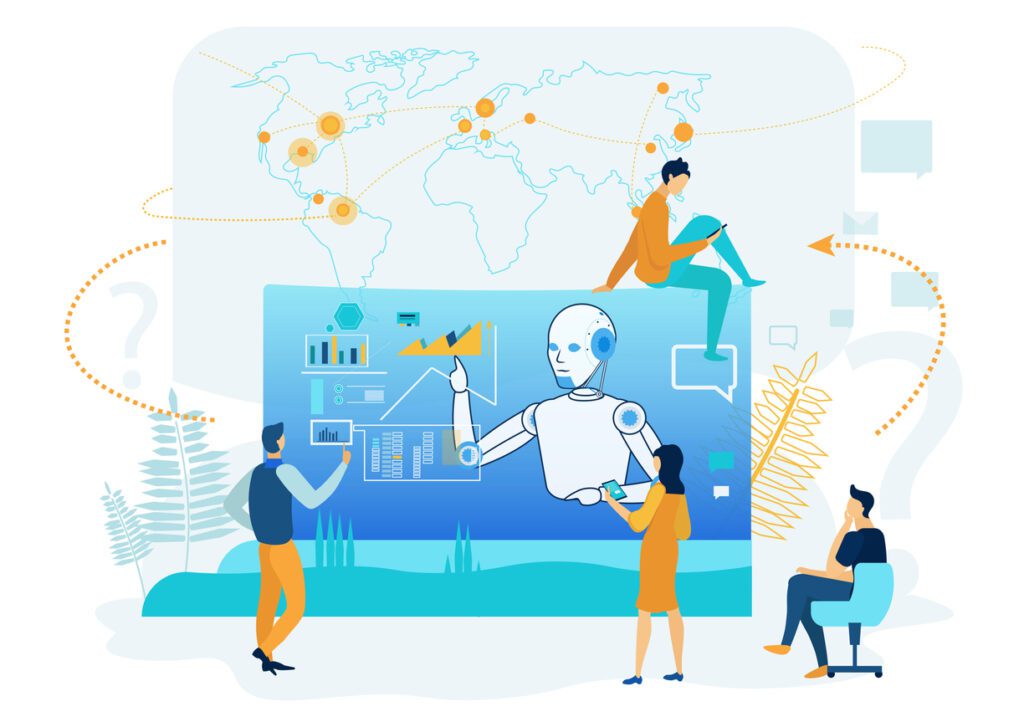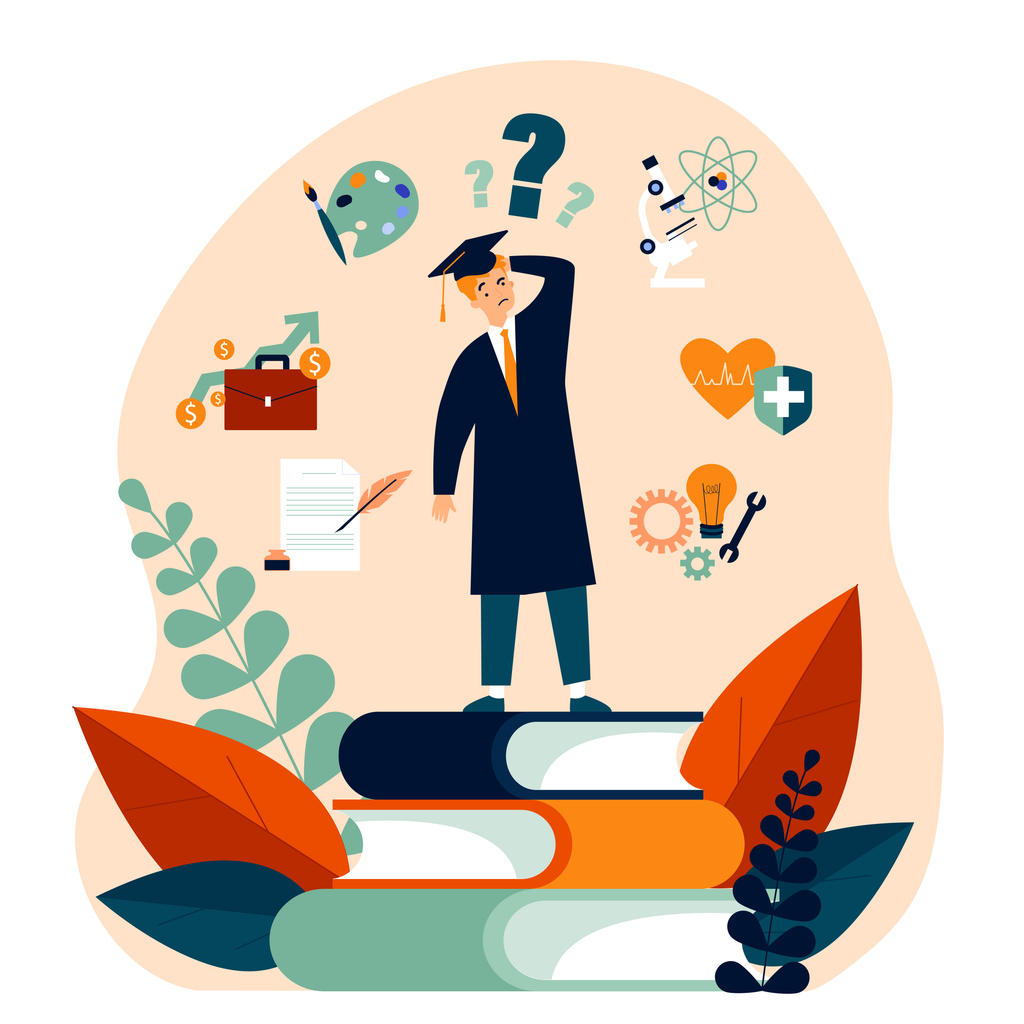Benevolent Predictions of the Future (Part 2 of 3)
In the second of three blogs, Dr. Thomie Timmons, Chief Learning Officer at EnvisionEdPlus, paints a picture of a future where AI becomes an invaluable learning companion and teaching assistant, personalized to each student’s needs and learning journey. To read part one, click here.
Stay up to date on our AI and Educational Leadership blogs by subscribing to our newsletter. Part three ‘Malevolent predictions of the future’ will be released on Friday, December 15th.
The AI Familiar
I see great potential regarding the relationship between AI and the children of the future. In all reality this is a future that may be closer than we think. I read a fairy tale about children that when born were gifted with a companion called a Familiar. As each child grew their Familiar adapted to be what they needed when they needed it most. I see this as an interesting analogy of how AI could partner with education. Imagine an adaptive AI Familiar that mentors a student in the ways they need at the times they need it most, building that student’s agency. As the student progresses the AI Familiar becomes more complex in its interactions with the student guiding the student to solutions rather than giving the student answers. Furthermore, couldn’t these AI familiars follow the student to work or to college?
Imagine a student graduating from college and becoming a teacher, could their AI Familiar become their teaching assistant? Let’s examine this question further. Whether a teacher has an AI assistant from this AI Familiar story, or is given one in our current reality, an AI teaching assistant is not a fanciful proposition. AI-powered teaching assistants will revolutionize the educational landscape by providing personalized support, enhancing student engagement, and optimizing teaching practices. Here’s how AI could be effectively utilized as a teaching assistant:
- Personalized Learning: AI can analyze student data, including learning styles, strengths, and weaknesses, that could lead to personalized learning plans. This data could be taken from the student’s learning history in that organization. It could suggest tailored instruction to each student’s needs, providing differentiated content, adaptive practice exercises, and targeted feedback. AI can recommend additional learning resources, such as articles, videos, or practice exercises, based on individual student needs and interests.
- Adaptive Assessments: AI can suggest and co-develop adaptive assessments that adjust difficulty levels based on student performance. This provides a more accurate gauge of student understanding and helps identify areas for improvement.
- Feedback and Grading Automation: AI can automate grading of routine assignments and provide detailed feedback to students, freeing up teachers’ time for more personalized interactions and higher-level tasks.
- Identifying At-risk Students: AI can analyze student engagement, performance data, and attendance patterns to identify students at risk of falling behind. It can alert teachers to intervene early and suggest targeted support.
- Language Learning Assistance: AI can serve as a virtual language tutor, providing pronunciation practice, personalized feedback, and conversational opportunities for language learners.
- Accessibility Tools: AI can enhance accessibility for students with disabilities by suggesting strategies that ensure all students have equal access to learning materials.
- Data-driven Insights for Teachers: AI can analyze student data and provide teachers with actionable insights to inform their instruction. It can identify common misconceptions, highlight areas for improvement, and suggest personalized interventions.
- Creating Engaging Learning Experiences: AI can help design interactive learning activities, simulations, and personalized learning games to enhance student engagement and make learning more enjoyable.
AI-powered teaching assistants can transform education by providing individualized support, optimizing learning experiences, and empowering teachers to make data-driven decisions. As AI technology advances, its role in education will continue to expand, creating a more personalized, engaging, and effective learning environment for all students by connecting the teacher with resources that were beyond the teachers reach or knowledge. This would increase the teachers ability to nurture the educational growth of their students, broadening the teacher’s access to resources, institutional knowledge and students growth history.
In part three, Dr. Thomie Timmons, Chief Learning Officer at EnvisionEdPlus, will discuss malevolent predictions of the future of AI. Come back on December 15th to learn more!
Want to join the discussion? Join us on Tuesday, December 19th from 3-4pm for a FREE virtual fireside chat to explore the world of AI and how it will impact education.




